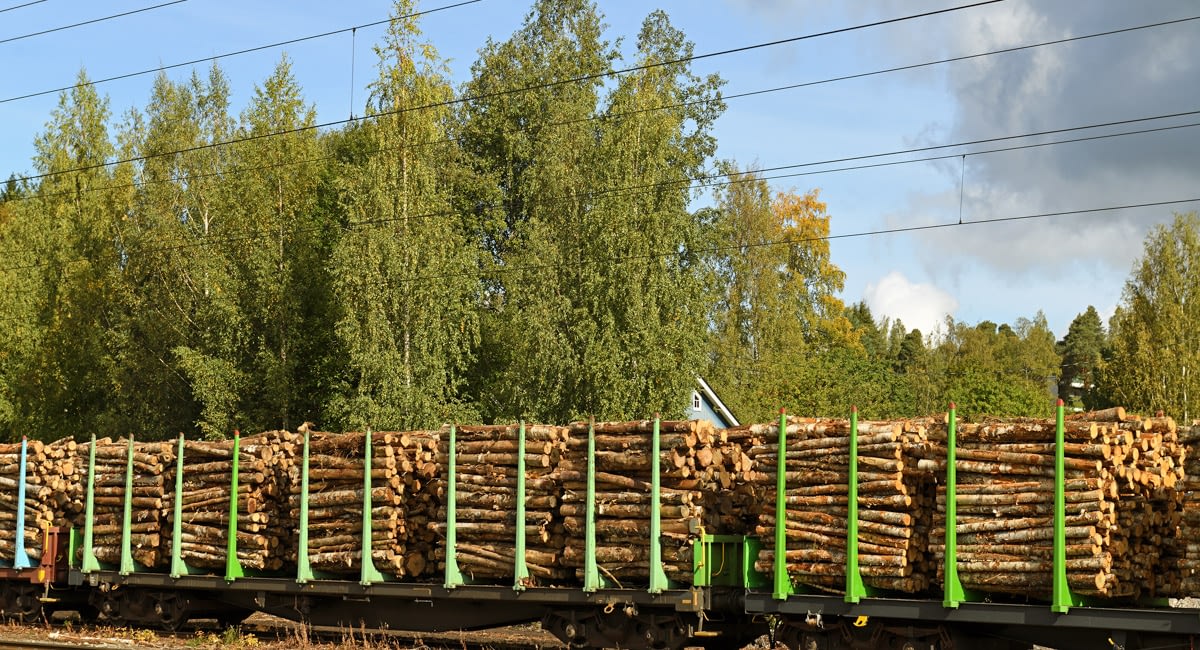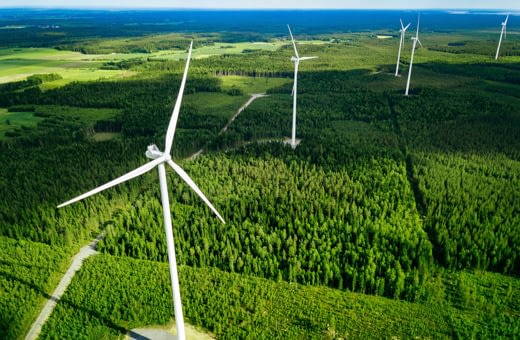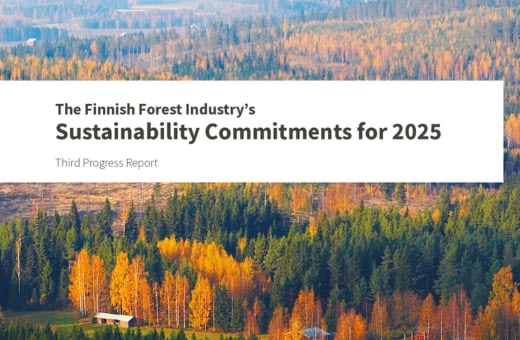The UN Climate Change Conference (COP28) is underway amidst the sands of the United Arab Emirates, in Dubai. The earnest hope is for nations worldwide to commit to sufficiently reducing their fossil fuel emissions. A touch of green in this dune-filled landscape would certainly add vitality.
Climate conferences traditionally involve debates about whose ambition in emission reductions is sufficient and whose falls short. This question is crucial because, for instance, the EU cannot single-handedly reduce emissions on behalf of other economic regions.
Moreover, the discussion largely revolves around money. In Dubai, there was an early agreement on a fund concerning climate damages, a critical issue for small and impoverished nations. A cause for cheer, particularly as the United Arab Emirates, classified among the “developing countries” in the negotiations, pledges a $100 million contribution to the fund.
The EU has taken the lead in setting itself challenging emission reduction targets, pursued with an excessive amount of micromanaging legislation. Signs suggest that there is growing weariness with this penchant for diving into minutiae. Hopefully, EU Member States will have more leeway in the future to explore suitable methods for achieving these goals.
The opportunities offered by the bioeconomy for mitigating climate change have taken a backseat in both climate negotiations and within the EU. Adding colour to Dubai’s landscape would be discussions about a green transition founded on products made from renewable natural resources and sustainable forestry.
Unfortunately, in climate talks, forests have often been seen merely as a means to offset fossil fuel emissions, a way to perpetuate oil extraction far into the future. Winds of change seem to be blowing as exemplified by Microsoft, which is stepping back from those festivities. The reason emerges from a recent New York Times article: forest carbon sinks are not inherently very permanent.
The idea of reforesting deserts may seem like a mirage, but the greening of climate policy through bioeconomy thinking might just be around the corner.







